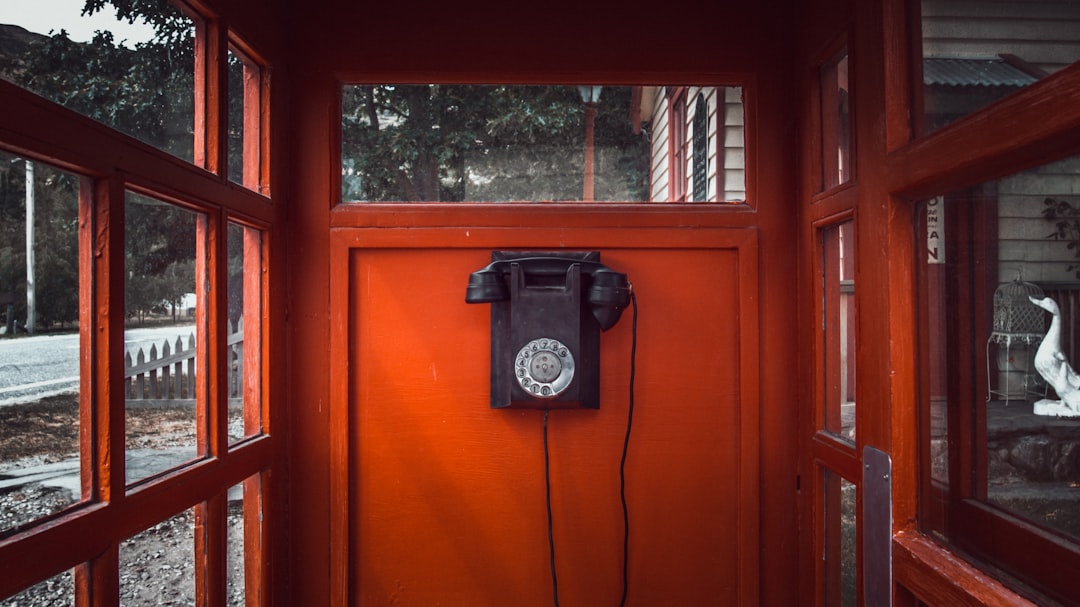Idaho residents enjoy robust protection against unwanted phone calls through the state's Do Not Call List (DNCL), which includes debt collection and marketing calls from specialized law firms. The DNCL allows individuals to opt-out of such calls, maintain privacy, and prevent debt collectors from harassing them unless explicit consent is given. Harassment by debt collectors in Idaho is illegal under defined guidelines, with violations subject to fines and damage to the collector's reputation. Victims have legal protections and can seek recourse through small claims court, consult consumer rights attorneys, or file civil lawsuits for damages and attorney fees, including assistance from Idaho's Do Not Call law firms.
“In the state of Idaho, understanding debt collection laws is crucial for both creditors and consumers. With a specific focus on harassment, this article navigates Idaho’s unique regulatory landscape. We explore the ‘Do Not Call’ list regulations and their impact on debt collection practices. Additionally, we delve into what constitutes harassment, empowering victims to recognize abusive tactics. By highlighting these aspects, we aim to inform individuals about their rights and the available remedies against unethical debt collector behavior in Idaho, ensuring compliance with local Do Not Call law firms guidelines.”
Understanding Idaho's Do Not Call List and Debt Collection Laws

In Idaho, individuals have the right to protect themselves from unwanted phone calls, especially those related to debt collection. This protection is offered by the state’s Do Not Call List (DNCL), which acts as a shield against persistent and harassing debt collector phone calls. The list is designed to give residents peace of mind, allowing them to opt-out of marketing or collection calls from various entities, including law firms specializing in debt collection.
Idaho’s Do Not Call List is not just a registry; it’s a legally enforceable measure. According to the Idaho Attorney General’s Office, individuals who wish to stop receiving calls from debt collectors can register their phone number on the DNCL. Once registered, law firms and debt collection agencies are prohibited from calling those numbers, unless they have prior consent. This law ensures that residents can manage their privacy and avoid being harassed by debt collectors.
What Constitutes Harassment by Debt Collectors in Idaho

In Idaho, harassment by debt collectors is defined as any persistent, oppressive, or abusive behavior aimed at compelling an individual to pay a debt. This can include various actions such as repeated phone calls, despite being informed that the debtor does not wish to be contacted, threatening language, or using intimidation tactics to coerce payment. The Do Not Call law firms in Idaho are specifically designed to protect residents from unwanted and harassing collection practices.
Debt collectors must adhere to strict guidelines, including refraining from contacting individuals at inconvenient times, using obscene or abusive language, or employing any means that could reasonably be considered harassing. They cannot threaten legal action unless they intend to follow through, and they must provide valid identification when requested. Violations of these rules can lead to legal repercussions for the debt collector, including potential fines and damage to their reputation.
Rights and Remedies for Victims of Debt Collector Harassment in Idaho

In Idaho, victims of debt collector harassment have specific rights and remedies available to them under state law. If a debt collector makes repeated unwanted phone calls, uses abusive or threatening language, or harasses an individual or their family, it is considered illegal. Victims can file a complaint with the Idaho Attorney General’s Office, which has the authority to investigate and take action against offending collectors.
The Do Not Call Law in Idaho provides additional protection. Individuals can register their phone numbers on the state’s Do Not Call list, preventing debt collectors from making direct telephone contact. Those who experience harassment despite this registration may seek legal recourse through small claims court or consult an attorney specializing in consumer rights to explore options like cease and desist letters, temporary restaining orders, or even civil lawsuits for damages and attorney fees.






